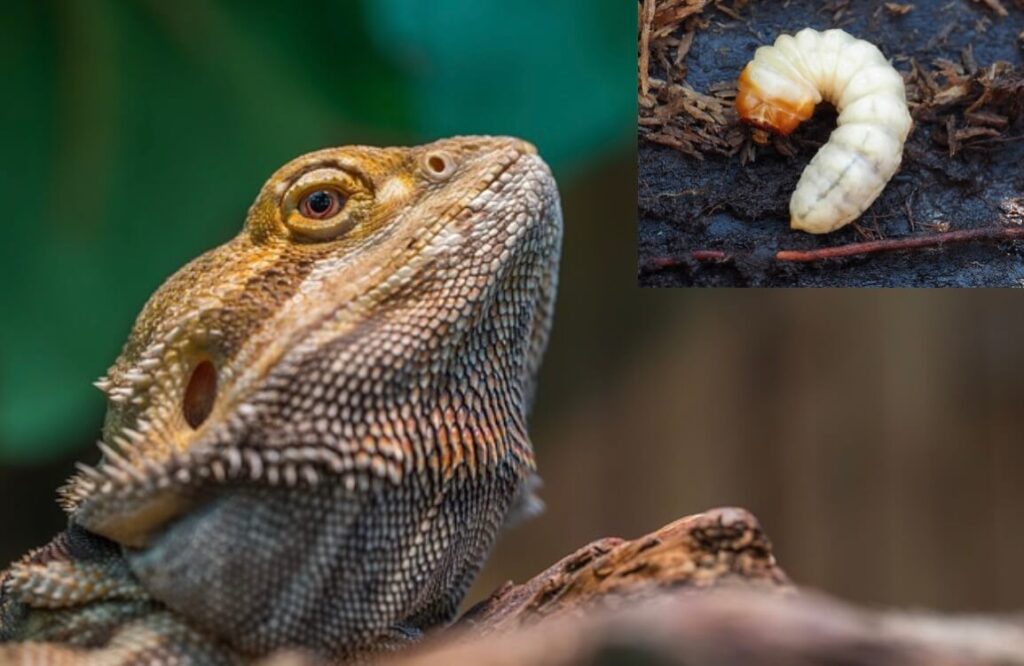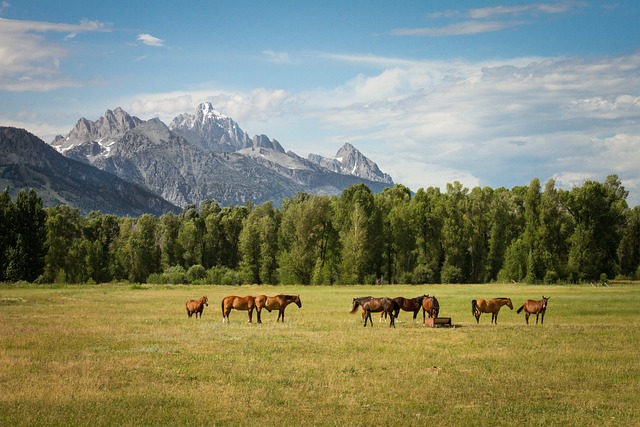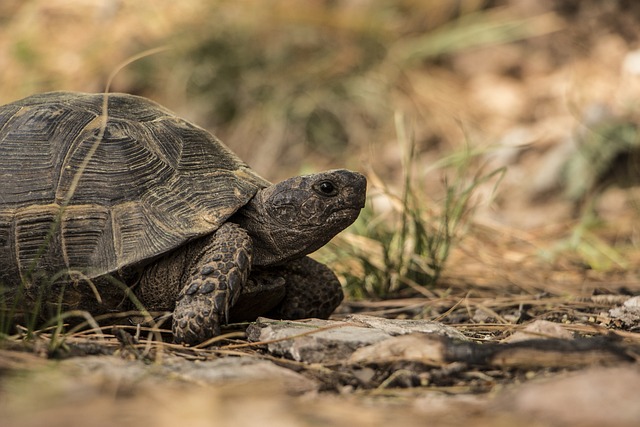If you’re wondering “Can bearded dragons eat worms?” the answer is a resounding yes. In fact, worms are one of the most nutritious foods you can give your bearded dragons due to their high protein and calcium content.
However, many worms are high in fat as well, and some of them have extremely hard exoskeletons that can be hard to chew.
In this article, we’ll explore the nutritional value of worms for bearded dragons and how to feed them properly.
Can bearded dragons eat worms?
- Can bearded dragons eat worms?
- Worm Nutritional Value for Bearded Dragons:
- Worms bearded dragons can eat daily:
- Worms that bearded dragons can eat weekly:
- Worms that bearded dragons can eat occasionally:
- How often should you give worms to your beardie?
- Should I feed my baby bearded dragon worms?
- Cons associated with feeding worms to your bearded dragon:
- What to do if your bearded dragon eats pesticide covered worms accidentally?
- Frequently Asked Questions (FAQ): What worms can bearded dragons eat?
- Foods bearded dragons can eat:
- Getting your bearded dragon calcium:
- Vegetables to feed your bearded dragon:
- Insects to feed your bearded dragon:
- How often should you feed a bearded dragon?
- What should a bearded dragon not eat?
- Recap: Can bearded dragons have worms?
Worm Nutritional Value for Bearded Dragons:
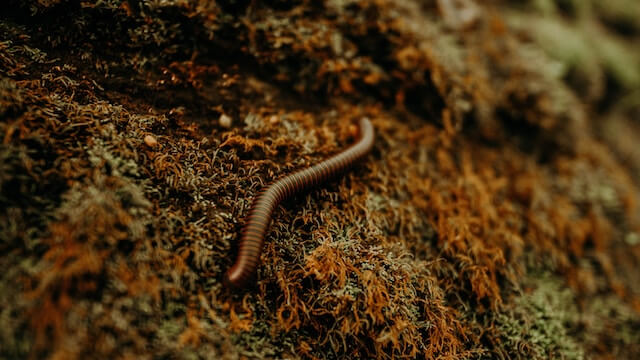
Worms encompass thousands of different species. There are very few that are poisonous to bearded dragons (generally the ones that glow in the dark). Otherwise, most worms provide immense nutritional value to bearded dragons – they have large amounts of protein, which your pet needs to grow and sustain their bone health. They also contain high levels of vitamins, Magnesium, Iron, and importantly – calcium. Calcium is vital for a bearded dragon’s health.
Worms bearded dragons can eat daily:
While most worms should not be eaten daily, some can be if they are eaten in smaller quantities. These worms can be eaten frequently:
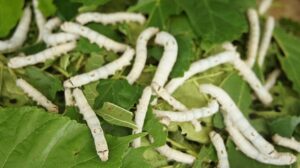
- Pros: they are incredibly nutritious & high protein
- Cons: Expensive / die quickly and very sensitive to touch
Worms that bearded dragons can eat weekly:
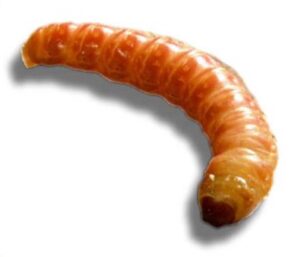
- Pros: Very high in protein / tasty to bearded dragons
- Cons: High in fat – can cause obesity if eaten daily
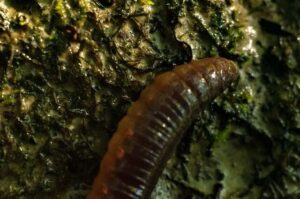
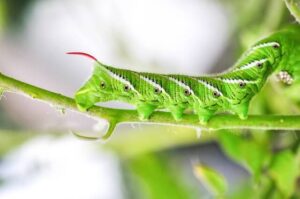
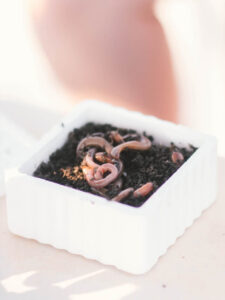
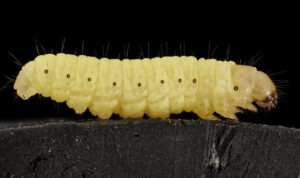
Worms that bearded dragons can eat occasionally:
These worms should be eaten less frequently, every 1-2 weeks at most.
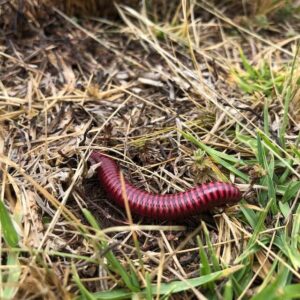
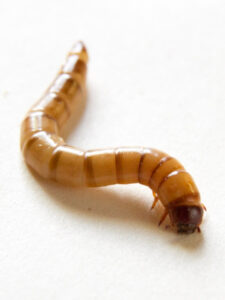
How often should you give worms to your beardie?
You can feed your bearded dragon worms every few days. The quantity depends on how old your beardie is and their overall health and fitness. Growing bearded dragons should eat more insects and worms, with about 80% of their diet beinginsects and worms and 20% plant materials. As they grow into adulthood, this should be reserved, so that 20% of their diet is insects and worms and 80% plants.
This comes out to adult dragons eating about three times a day with between ten to fifteen worms per servings. Young and growing bearded dragons should eat about five times a day, with between ten to twenty worms per serving.
Of course, this depends on how many other insects you’re feeding your bearded dragon. If you’re also giving them roaches, crickets, and lots of plant matter, you can give them less worms. Test out what mixture of insects and vegetables your bearded dragon loves most by observing what leftovers they leave behind. Over time, you’ll develop the perfect daily concoction that fits your particular pet, and that will keep them healthy and happy.
Should I feed my baby bearded dragon worms?
Yes! It’s great for baby bearded dragons to eat most types of worms. In fact, they need insects and high protein worms like worms at this stage of life more than ever, so that they can grow properly into adult bearded dragons.
One caveat: baby bearded dragons should not eat worms that are too large or that have particularly hard exoskeletons. They pose choking hazards to them and could impact their sensitive digestive tracts.
Cons associated with feeding worms to your bearded dragon:
If you give your bearded dragon a worm you find outside, there’s always a chance it’s covered in insecticide or pesticide. When your dragon ingests this pesticide, it could poison them and cause them serious harm and distress. That’s why store bought or home raised worms are safest.
Some worms have hard exoskeletons and can become choking hazards. Try to feed them worms that are no wider than the space between their eyes, to be safe.
What to do if your bearded dragon eats pesticide covered worms accidentally?
Don’t panic. Immediately stop your bearded dragon from eating the worms, and closely monitor them closely for symptoms of a strong reaction. This reaction could include:
- Bloating
- Diarrhea
- Vomiting
- Spitting up
- Abnormal behaviors
Give them lots of water to flush out the chemicals as well as a warm bath to calm them down and to encourage a bowel movement. If the reaction worsens or you’re noticing anything out of the ordinary, call a vet immediately.
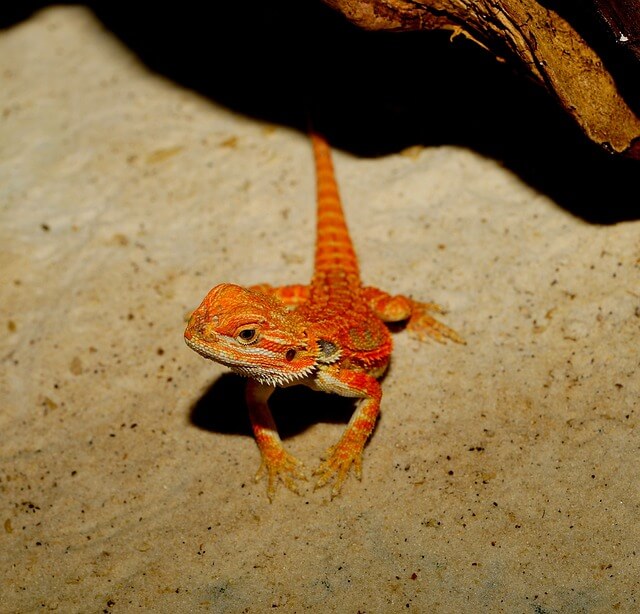
Frequently Asked Questions (FAQ): What worms can bearded dragons eat?
How much does a juvenile bearded dragon eat a day?
A juvenile can eat between 20 to 50 insects a day. As well, they should be eating plenty of vegetables. Some owners feed their dragons insects one day and vegetables the next, as many bearded dragons won’t finish their veggies if they see insects in their terrarium.
Can I feed my juvenile bearded dragon mealworms?
Yes. Juvenile bearded dragons can eat more mealworms as they grow stronger – you can give them three to five mealworms at once and see how they like them. Feed them more if they finish all their mealworms immediately, as they’re growing at this stage and need a lot of protein to properly develop.
How fast do juvenile bearded dragons grow?
Juvenile bearded dragons grow rapidly, and can grow between one to three inches per month until they reach adulthood.
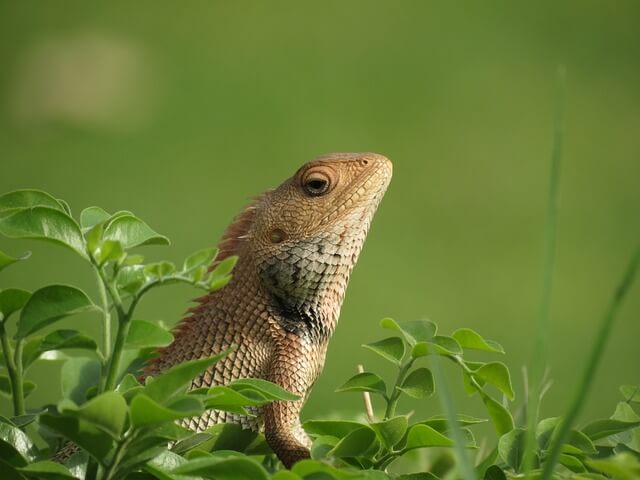
Foods bearded dragons can eat:
If you’re wondering what you should feed a bearded dragon, read our guidelines below. Bearded dragons are insectivores, which just means they thrive on insects as well as plant materials.
If you have a juvenile bearded dragon (between six and eighteen months old), give them about 80% vegetables and 20% live insects.
As your bearded dragon transitions into adulthood, give them the inverse, so 20% plant materials and 80% insects.
Getting your bearded dragon calcium:
Calcium is especially vital to a bearded dragon, especially a young one that is still growing. There are several ways to introduce more calcium into your beardie’s diet:
- Add in more high calcium vegetables like dandelions, bok choy, and collard greens.
- Dust calcium powder over their insects and vegetables to increase calcium levels.
- Make sure they’re getting their 12 hours of UVB exposure as they need this light to be able to properly absorb nutrients.
Vegetables to feed your bearded dragon:
- Peas
- Dandelion
- Green beans
- Cabbage
- Zucchini
- Pumpkin
- See our full list of vegetables to feed your bearded dragon
Note: Bearded dragons can also eat fruit in moderation. See here for a complete list of fruits bearded dragons can eat.
Insects to feed your bearded dragon:
- Crickets
- Kingworms
- Waxworms
- See our full guides to insects you can feed your bearded dragon and worms to feed your bearded dragon
Quick note: Live insects raised by you or bought from the pet store are best because they’re definitely pesticide free.
How often should you feed a bearded dragon?
During the first 3-6 months of your beardie’s life, try to feed them four to five times a day by giving them as many insects as they’d like in 10 minutes. They’re growing and need lots of protein during this stage.
Reduce the number of feedings to about two to three times a day when they’re growing into their juvenile years (between six and eighteen months).
As they become an adult, you can feed them once daily.
What should a bearded dragon not eat?
Avoid feeding your bearded dragon:
- Onions
- Leeks
- Chives
- Mushrooms
- Garlic
- Acidic fruit like oranges, lemons
- Rhubarb (can be toxic to them)
- Avocados (surprisingly, these make them ill)
- Eggplant
- Insects caught in the wild (there may be pesticides covering them)
- Venomous insects
- Dairy of any kind
- Rice and grains of any kind
- Frogs or toads
- Ham or other processed meats
Recap: Can bearded dragons have worms?
- Yes, bearded dragons can eat worms. They are incredibly nutritious and full of protein.
- Some worms should not be fed to bearded dragons – those that glow in the dark or that have pesticides on them.
For our full list of food to feed a bearded dragon, see our guide here.
Related articles:

